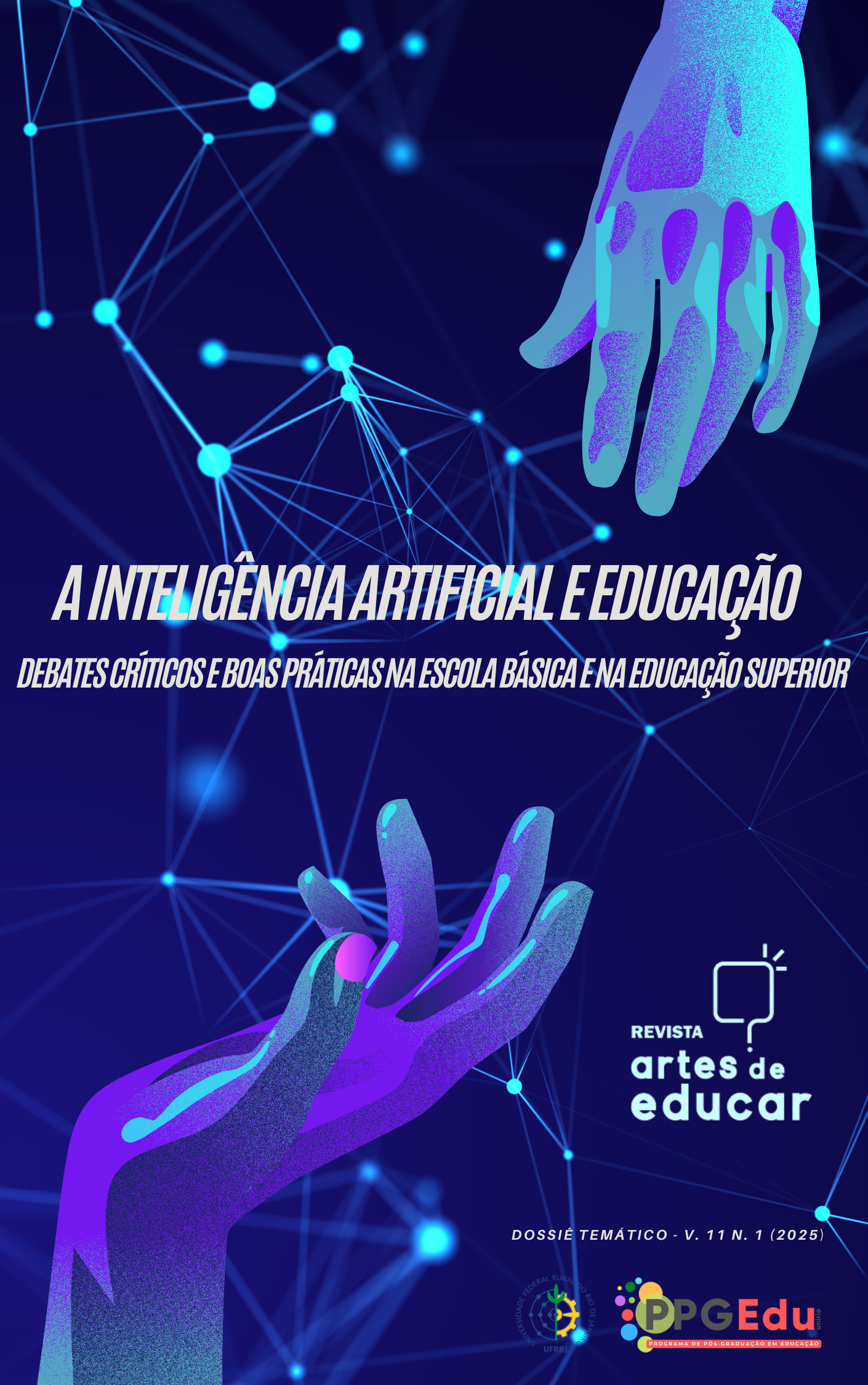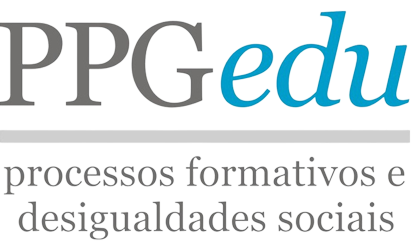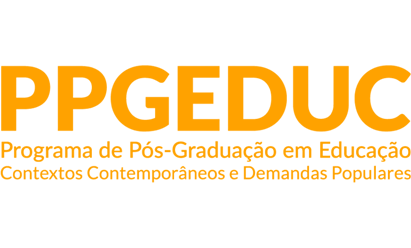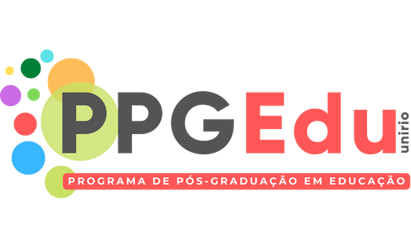Generative Artificial Intelligence (GAI) and Mathematic Education: Possibilities in the classroom
DOI:
https://doi.org/10.12957/riae.2024.86127Abstract
This article aims to reflect on the limits and potential of Generative Artificial Intelligence (GAI) in pedagogical practice for its integration into contemporary educational processes. To achieve this, Creative Insubordination was adopted as the theoretical-methodological framework, valuing individuals and their narratives as central elements in the development of pedagogical practices. This approach strengthens and proves highly useful, providing greater rigor to the reflections conducted in the research. The research concludes that proposing activities using GAI is a complex task due to material shortages and gaps in teacher training, as well as challenges such as the collection and use of large datasets, datafication, ethics, lack of transparency, hallucinations, absence of regulation, and the coexistence of apocalyptic and integrative perspectives, which create a space of chaos and uncertainty. Nevertheless, it is essential to explore this expanding universe, considering its potential to empower teachers/researchers as authors of their own educational materials, thereby fostering autonomy in planning, development, and execution. Furthermore, it reinforces the importance of engaging with these technologies to encourage diverse authorships capable of deconstructing and reconstructing educational practices based on more authentic and innovative narratives.
Downloads
Published
How to Cite
Issue
Section
License
Copyright (c) 2024 Uriel José Castellanos Aguirre

This work is licensed under a Creative Commons Attribution-NonCommercial 4.0 International License.
Authors retain copyright to their work, are permitted to publish and distribute their work online (e.g., in institutional repositories or on their personal page) at any point before or during the editorial process, as this may generate productive changes, as well as increasing the impact and citation of published work.
The acceptance of the text implies the authorization and exclusivity of the Revista Interinstitucional Artes de Educar regarding the right of first publication, the published works are simultaneously licensed with a Creative Commons Attribution-Non Commercial 4.0 International License 























